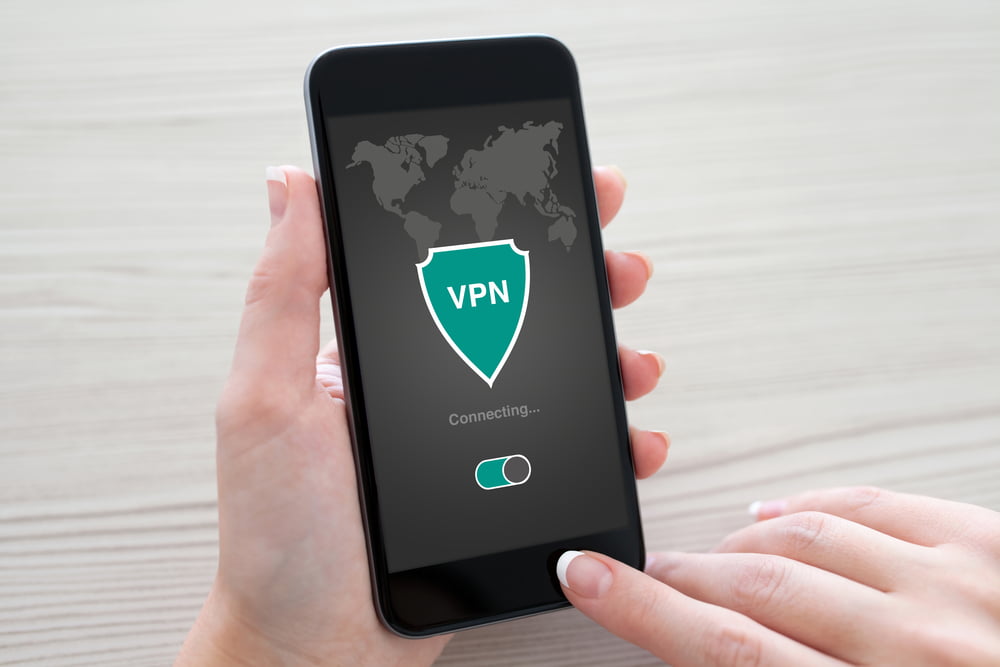Virtual private network solutions are not all that hard to come by. Most of the companies offering such services claim not to log any user information whatsoever. As it turns out, that is not always the case. In fact, quite a few companies have made such claims and gone on to share information with the US government when asked for it. It’s a pretty worrisome trend, to say the least.
VPNs Aren’t Always Honest
In a way, it is not entirely surprising to find out that not all VPN providers do what they claim to. A lot of people use these tunneled connections to mask their locations, but not all service providers do a good job at doing so. More specifically, one of the main selling points of most VPNs is that they do not store information collected during one’s VPN session. This includes the IP addresses used by the customer prior to connecting to the remote server in question.
If that piece of vital information were to be leaked somehow, there would be no point in using a VPN provider to begin with. Recent research shows that there are quite a few VPN providers out there that collect logs containing such data, despite claims to the contrary. This all came to light during a recent court case in which the FBI gained access to crucial evidence despite the “offender” having used a VPN connection to mask his real IP and location. That in itself is a rather disturbing development, for many reasons.
After all, there should be no way for the FBI to determine whether or not someone has been using a VPN or Tor to mask their identity. Somehow, the agency managed to do just that during the recent investigation. Moreover, the FBI was able to identify that the assailant had used a Protonmail email account to hide certain activities. If the claims by VPN providers that they don’t keep logs are true, something isn’t adding up here.
What is of great concern is how the FBI claims that “there is no VPN that doesn’t keep logs.” Statements like that will rile up a lot of people, as more and more individuals are taking their online privacy very seriously right now. Using a VPN has been the go-to solution when it comes to achieving that goal. Then again, there seems to be genuine concern over this strategy right now.
In the recent case, the person being prosecuted used IPVanish and PureVPN in an effort to hide his online activity. This shows both of these services cannot be trusted whatsoever and users need to find different solutions altogether. There are plenty of competitors on the market, and Private Internet Access seems to be one of the more reliable services in this regard. We’ve reviewed a bunch of other VPN providers as well, all of which are worth checking out.
In the end, all of this goes to show it is much harder to hide one’s online identity than most people assume. Trusting a third party to do this job for you is not the best option in 2017, especially not with the FBI trying to invade consumer privacy at every possible turn. Things are looking especially bleak for both IPVanish and PureVPN right now; that much is rather evident.

